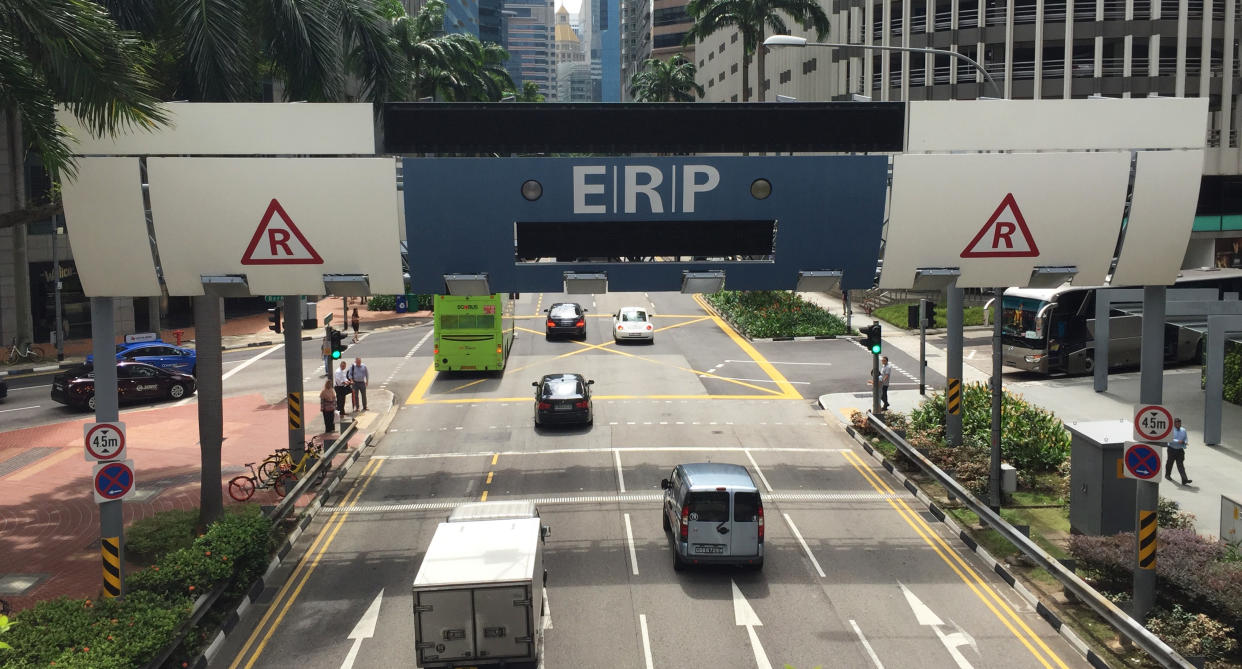Budget 2020: All vehicles to run on cleaner energy by 2040

SINGAPORE — All vehicles in the Republic will run on cleaner energy within the next 20 years and those with internal combustion engines (ICE) will be progressively phased out, said Deputy Prime Minister and Finance Minister Heng Swee Keat on Tuesday (18 February).
“For both public health and climate change reasons, we should progressively phase out the use of ICE vehicles towards cleaner alternatives, such as hybrids and EVs (electric vehicles). We need to set a long-term strategic goal for Singapore to achieve this,” said Heng during his Budget 2020 speech.
To that end, the Government will enhance incentives to encourage the adoption of more environmentally friendly vehicles even as it expands the number of charging points for electric vehicles at public carparks islandwide.
A Commercial Vehicle Emissions Scheme for light goods vehicles will be introduced, similar to the Vehicular Emissions Scheme for cars and taxis, which was introduced in 2018. Under the latter scheme, car buyers and taxi operators who choose cleaner vehicles get an upfront rebate of up to $20,000 and $30,000 respectively.
More details on the scheme for light goods vehicles will be announced at a later date.
Meanwhile, there will also be an EV Early Adoption Incentive for cars and taxis. Those who buy fully electric cars and taxis will get a rebate of up to 45 per cent on the additional registration fee, capped at $20,000. The incentive will run for three years from January 2021.
The road tax methodology for cars will also be revised such that the road tax for EVs and some hybrids vehicles will be reduced.
The Government will also expand the number of charging points for EVs, with a view to have up to 28,000 such points at public carparks by 2030. There are currently about 1,600 charging points in Singapore.
The vehicular tax structure will also be updated as EVs do not pay fuel excise duties, which currently yield about $1 billion annually and contribute significantly to government revenues.
With the next generation Electronic Road Pricing (ERP) system and its distance-based charging several years away, the Government will also impose a lump-sum tax in the interim.
The lump-sum tax will be built into the road tax schedule for EVs to partly account for the loss in fuel excise duties. The new tax will be phased in over three years from January 2021, with the full quantum implemented by January 2023.
Total road tax, after the revision in methodology and new lump-sum tax, will be higher for some EVs, said Heng. But buyers who get the EV Early Adoption Incentive can still get substantial cost savings, he added.
Stay in the know on-the-go: Join Yahoo Singapore's Telegram channel at http://t.me/YahooSingapore
Related stories:
Budget 2020: More support for needy students and pre-schools
Budget 2020: Overall budget deficit of $10.9b expected for FY2020
Budget 2020: All vehicles to run on cleaner energy by 2040
Budget 2020: $5 billion fund for Singapore to combat rising sea levels
Budget 2020: $1.6 billion package to help Singaporeans amid economic slowdown
Budget 2020: $8.3 billion for economic transformation and growth
Budget 2020: SkillsFuture expansion to aid Singaporeans' development
Budget 2020: GST increase will not take place in 2021
Budget 2020: $5.6B packages to help alleviate economic slowdown
UPDATES: Budget 2020: Singapore prepares S$6.4 billion for coronavirus relief measures



